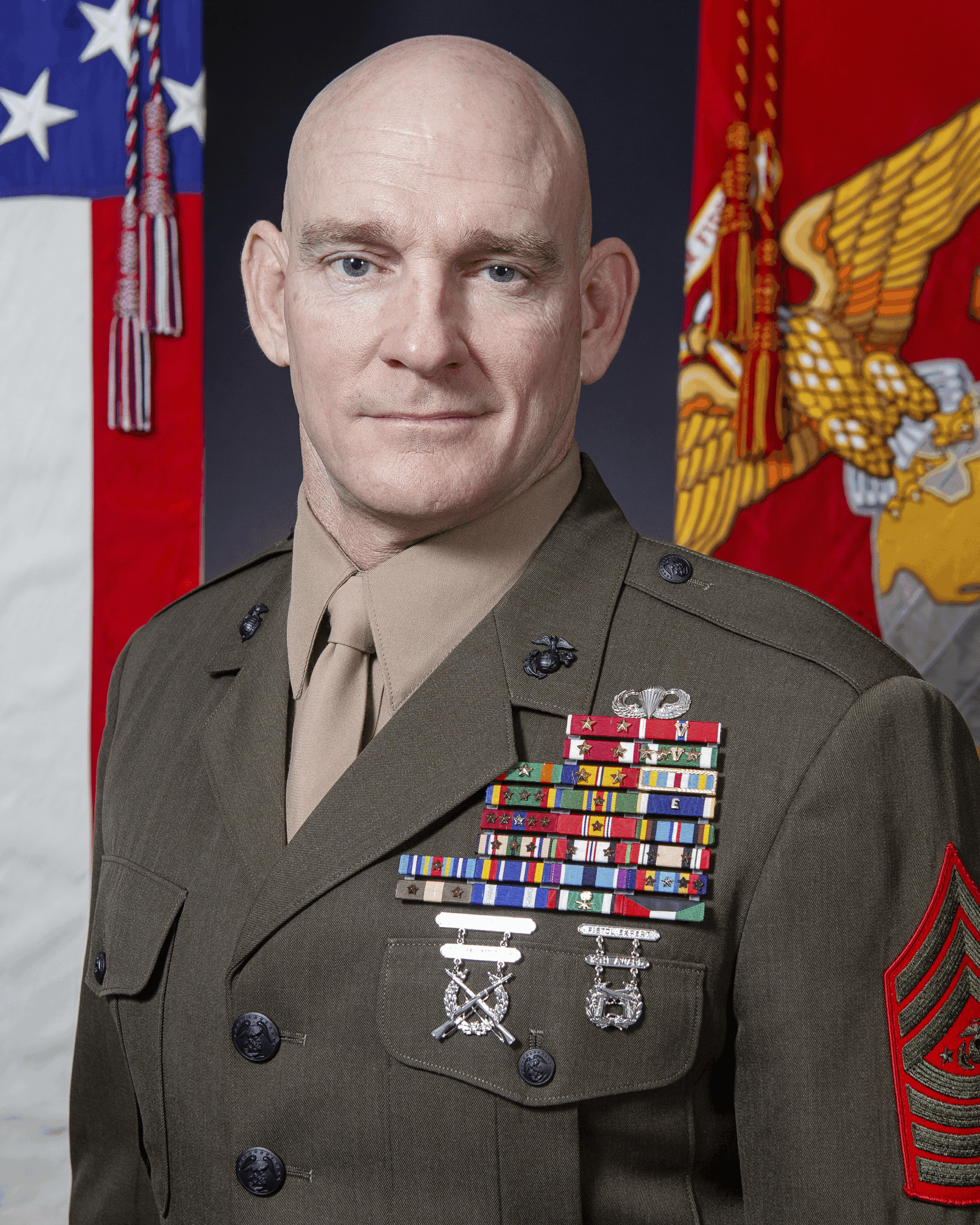European Troops in Ukraine: A New Phase of Debate
Escalating Conflict in Ukraine
The possibility of sending European troops to Ukraine is once again under discussion. The renewed talks are a response to concerns that the U.S. may scale back its support for Kyiv after Donald Trump assumes office in January 2025. This potential shift in American policy has prompted Paris and London to explore new avenues of military cooperation, with an emphasis on reinforcing European security and aiding Ukraine.
The idea of deploying troops was initially proposed by French President Emmanuel Macron in February. It faced resistance from several European countries, especially Germany. However, recent developments, including UK Prime Minister Keir Starmer’s visit to France on November 11, have revitalized these sensitive discussions.

Keir Starmer and Emmanuel Macron at the commemorations of the November 11, 1918 armistice, Place de l’Etoile, Paris, November 11, 2024 LUDOVIC MARIN / VIA REUTERS
UK-France Defense Cooperation
French and British leaders are reportedly working on plans for closer defense collaboration. According to a British military source, this cooperation aims to create a “hard core of allies” in Europe to address security concerns. Both countries seem aligned on the urgency of supporting Ukraine without explicitly setting limits on their actions.
Jean-Noël Barrot, France’s foreign minister, reinforced this stance during his recent visit to London. In a BBC interview, he emphasized the need for Western allies to avoid imposing “red lines” on aid to Ukraine. He hinted that all options, including troop deployment, remain under consideration.
The Role of Private Contractors
Although no formal decision has been made regarding deploying conventional forces, the use of private defense contractors is being seriously explored. Défense Conseil International (DCI), a French government-affiliated organization, has emerged as a key player in these discussions. DCI, which specializes in military training and arms exports, could provide support without direct troop involvement, offering a less politically sensitive solution.
Balancing European Consensus
Despite the momentum from France and the UK, divisions remain within Europe. Germany continues to oppose troop deployments, reflecting broader hesitations about escalating military engagement. However, France and the UK’s willingness to lead indicates a shift toward a more assertive European role in Ukraine, especially if U.S. support wanes.
The discussions around deploying European troops or private contractors to Ukraine highlight the shifting dynamics of the war. France and the UK are positioning themselves as leaders in defending European security, signaling readiness to act independently if necessary. As these talks evolve, the prospect of European-led military involvement underscores the urgency of addressing the conflict and preparing for potential changes in international support.
Our Visitor






 Users Today : 11
Users Today : 11


